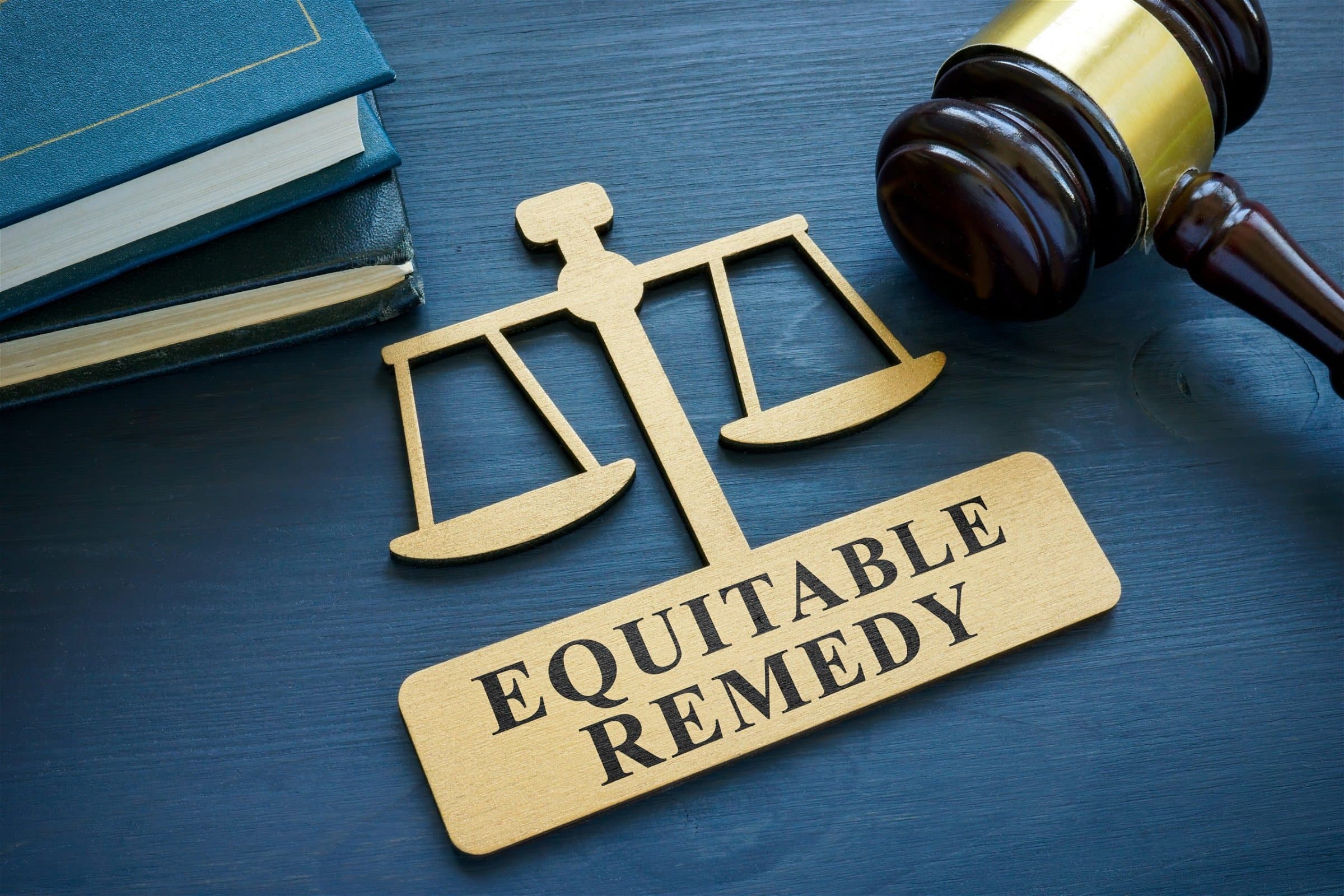A Guide to Equitable Remedies: Declarations, Rectification & Delivery Up
In complex legal disputes, sometimes monetary damages are not the right answer. You might need the court to clarify a legal right, fix a mistake in a document, or cancel an invalid one. These tools are known as equitable remedies.
Our commercial litigation lawyers in Sydney and Parramatta explain three of the most important remedies: Declarations, Rectification, and Delivery Up.
1. Declarations: Clarifying Your Legal Rights
A declaration is an order from the court that declares a legal or equitable conclusion from a set of facts. It formally states the rights between the parties. For example, a declaration can state:
- Whether a contract was validly terminated.
- Whether a defendant holds property on trust for the plaintiff.
- How a specific clause in a lease or contract should be interpreted.
A declaration is a final, permanent statement of rights and will only bind the parties involved in the court case.
Key Elements for a Declaration
To obtain a declaration, four essential elements must be established:
- Has the court jurisdiction? (Does it have the power to hear this?)
- Has the plaintiff standing (locus standi)? (Do you have the right to bring this case?)
- Has the plaintiff established the facts? (Can you prove your case?)
- Are there any discretionary grounds for refusal? (Is there a reason the court should not grant it?)
Jurisdiction: Who Can Grant a Declaration?
Historically, courts were reluctant to grant a declaration unless it was attached to other relief. This is no longer the case. Following Foster v Jododex Aust Pty Ltd (1972), and under the Supreme Court Act 1970 (NSW), the Supreme Court has a broad power to grant declaratory relief.
Important: This broad power is held by the Supreme Court. Inferior courts, like the District Court and Local Court, do not have the same plenary declaratory jurisdiction.
Locus Standi (Standing): Do You Have a Right to Sue?
You cannot seek a declaration just to clarify an interesting legal point. You must have a direct interest in the dispute, particularly with public rights.
To challenge a public right, a person must either obtain the Attorney-General’s fiat (relator action) or show a sufficient connection. See Australian Conservation Foundation v Commonwealth (1980) and Onus v Alcoa of Australia Ltd (1981).
When Will a Court Refuse a Declaration? (Discretionary Factors)
- Hypothetical questions: Courts avoid abstract questions that have no real consequence. See Ainsworth v Criminal Justice Commission (1992).
- Criminal proceedings: Courts rarely grant declarations on issues within ongoing criminal trials. See Sankey v Whitlam (1978).
- Unsettled issues: Relief may be refused if it leaves the controversy unresolved.
A timely declaration can be strategic. It can narrow issues, avoid a full trial, or confirm that you are not in breach. Speak with our team about whether declaratory relief is suitable.
2. Rectification: Fixing Mistakes in Written Documents
Rectification is an equitable remedy where the court amends a written instrument if, due to a common mistake, it does not reflect the parties’ common continuing intention at the time of execution. This can apply to contracts, leases, deeds, and other instruments.
Requirements for Rectification
Courts start from the presumption that the document is correct. The plaintiff must provide convincing proof that:
- There is a written instrument.
- There was a common mistake by all parties as to its meaning or effect.
- The document does not reflect the true and concurrent intention at the time of signing.
See Maralinga Pty Ltd v Major Enterprises Pty Ltd (1973) and Re Butlin’s Settlement Trusts [1976]. Where only one party is mistaken, rectification may be possible if the other party knew and acted unconscionably, but the focus remains the concurrent intention at execution. See Slee v Warke (1949).
3. Delivery Up and Cancellation
Delivery up is an equitable remedy where a person is ordered to deliver an invalid or voidable document to the court to be cancelled, protecting the public from documents that appear valid but are not. It can apply to instruments signed under undue influence, mistake, or forgery.
Infringing Goods (Intellectual Property)
Courts can also order delivery up of infringing goods to protect intellectual property rights. Learn more about Australian IP systems at IP Australia trademarks and copyright.
Need Help with a Legal Dispute?
Equitable remedies like declarations and rectification are complex and discretionary. They require careful evidence and specialist advice. If you are in a dispute over a contract, property, or your legal rights, the commercial litigation lawyers at Jameson Law can help across Sydney and Parramatta. Call (02) 8806 0866 or contact us for a consultation.
Disclaimer
The above is general legal information and should not be considered legal advice. You should speak with one of our lawyers for advice tailored to your matter.













